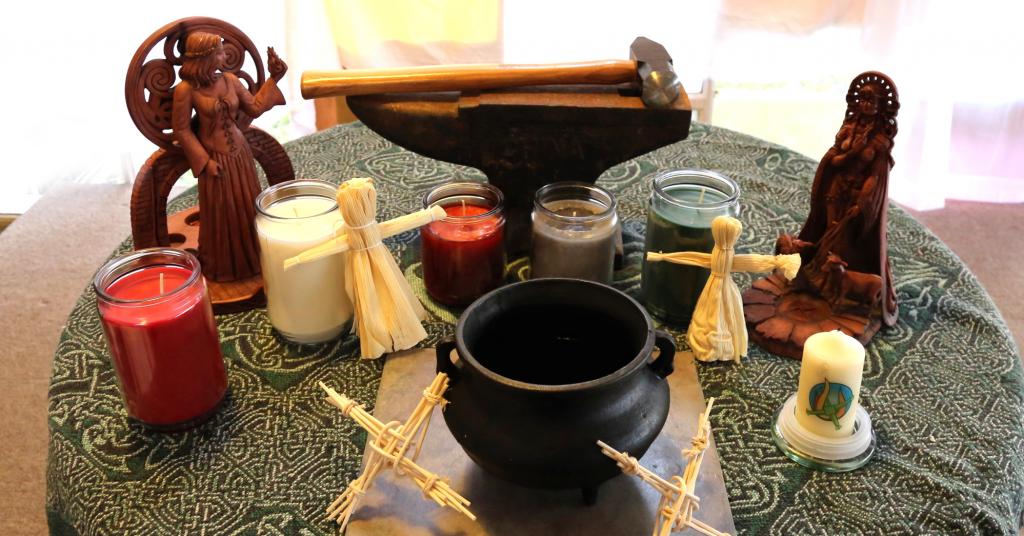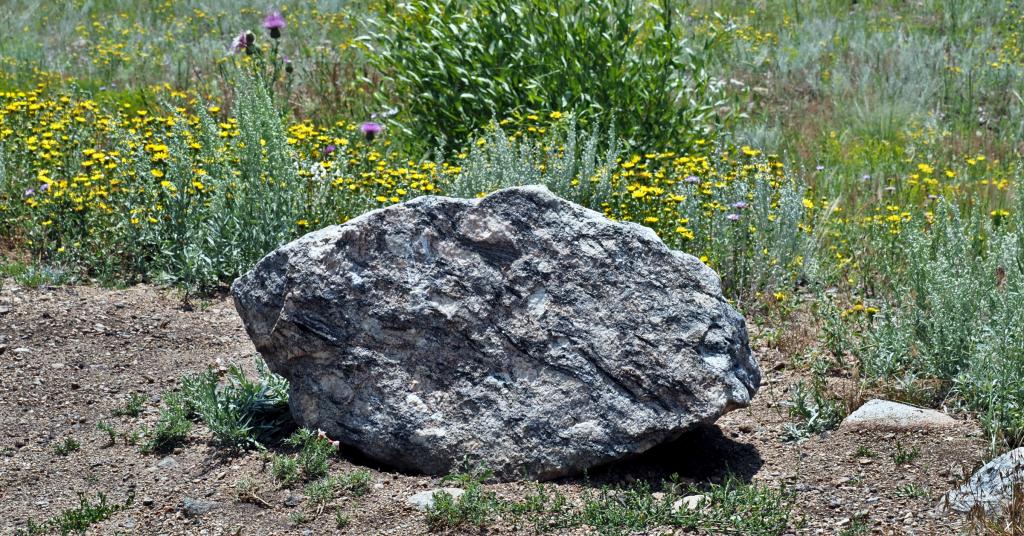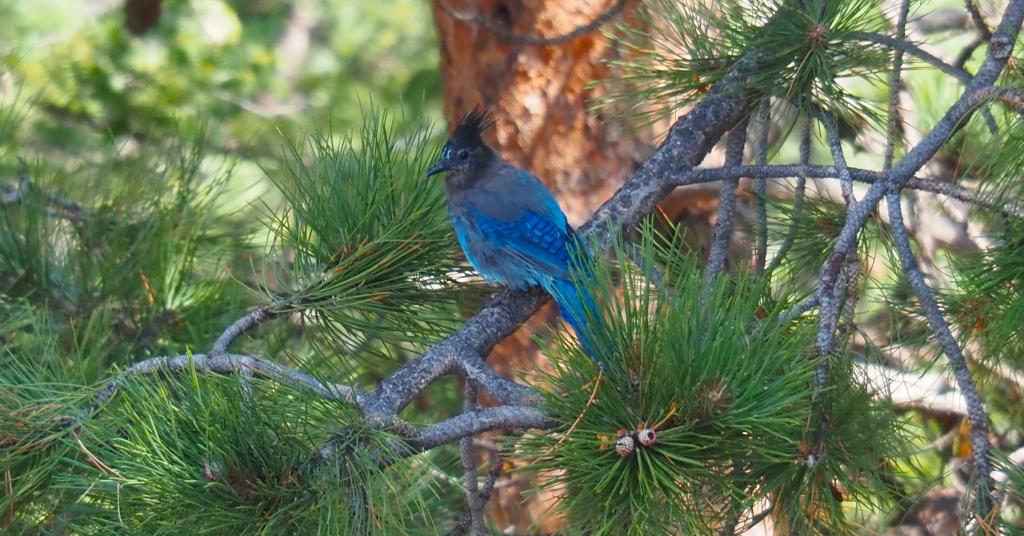The religion I practice is a form of oracular, ecstatic polytheism. That means I acknowledge the reality and the divinity of many Gods, I worship and work with some of Them, and I experience Them myself. And so do many others who follow similar paths.
If you’re a regular reader of this blog, you know this isn’t anything new. I say this up front because I want to respond to some people who are making comments about those of us who experience the Gods for ourselves, and I want to remind everyone of the foundations of my practice. If your foundations are different, you may come to different conclusions.
Earlier this week I saw a series of comments on social media criticizing those who talk about their relationships with this God or that Goddess. I’m not going to link to them, in part because I don’t want to make this personal, but also because some of their criticism was valid. It was just overly broad.
Rather than deconstructing someone else’s arguments, I want to state my positions and my reasons for them. There are three key points here:
- The Gods (by which I mean one or more of the Many Gods) call some people to worship, work with, and work for Them.
- Some people are claimed rather than called – they have no choice in the matter.
- Some people delude themselves into believing they are called or claimed when nothing of the sort has happened.
And there’s a fourth point, which is why I’m writing this post: the existence of the third group in no way refutes the reality of the first two groups. It simply reminds us of the necessity for discernment, deeper thinking, and more nuanced discourse.
We can and do form relationships with persons who aren’t human
Animism – which is a worldview, not a religion – teaches that all things are not things but persons. If we are virtuous and ethical, we do not use and exploit other persons – we form respectful relationships with them.
Other-than-human persons are not human, so we don’t relate to them the same way we relate to other humans. Our relationships with tree-persons and wind-persons and cat-persons aren’t the same as our relationships with human-persons, but they are relationships nonetheless.
The same is true of our relationship with God-persons. The Gods are at least as far above us as we are above cats, and our thinking about the Gods often tells us more about ourselves than it tells us about Them. But like humans and cats, the Gods are not so far above us that we cannot have relationships with them.
Our relationships with our Gods are not relationships of equals. But they are relationships.
The Gods call some people to Their service
If this was ancient Greece or pre-Christian Britain we would all have grown up knowing who our Gods are: the Gods of our family and tribe, the Gods of our city and nation, the Gods of the place where we live. Just as we’re born into certain human relationships, we would also be born into certain divine relationships.
The Christian conquest of much of the world severed those relationships centuries ago. And I do mean severed – religion is transmitted by human interaction, not by DNA.
So if the Gods are returning to prominence and They have no people (or rather, some of the Gods have no people – some tribal religions have thousands of years of unbroken tradition), then it should be no surprise that They call people to Their worship and service.
Why? To spread Their values and virtues. To do Their work in this world. And because like humans with cats, They enjoy our company, for reasons that aren’t always easy to articulate. And probably for a bunch of other reasons that aren’t apparent to us because we don’t have Their perspective.
This is what we see in the wider world. This is what I’ve experienced. These relationships take many forms – temporary or permanent, casual or intimate, and everything in between. And all of them are valid.
Some are not called
Being called doesn’t mean you’re special or holy or anything of the sort. It means you’re going to be put to work.
Likewise, the fact that some are not called doesn’t mean they’re inadequate, deficient, or in any way less than those who are called. It simply means they haven’t been called.
It also means they’re free to pursue Whoever they like. Worshipping the Gods – any of the Gods – is always a good thing.
This is polytheism, not Calvinism – there are no “elect.” But the fact some are not called does not negate the callings of those who are.
Most people can say no
The Morrigan has a reputation of being demanding and difficult to serve. I’ve found the first to be true but not the second (challenging yes, difficult no) but that’s me. I’ve come across lots of people who have heard from the Great Queen who are reluctant to say yes. I warn them not to wait too long, because at some point the offer is likely to be withdrawn.
The deities I’m familiar with prefer enthusiastic, voluntary followers. If someone doesn’t want to worship and work with Them, it’s easy to move on to someone who does.
Most people can say no to a God and go on about their lives.
Some people have no choice
But “most” does not mean “all.”
A few people are not called – they are claimed. A God tells them “you are mine and you will work for me.”
Some naïve people say “you always have a choice.” Yes, in the same way you have a choice to not pay taxes. You can do it, but it’s not going to end well for you.
Why do Gods – who by definition are always virtuous – take away the free choice of some people? I explored this question a couple years ago, but ultimately I don’t know. I do know the idea that the absolute autonomy of the individual human is the greatest good is a very recent, very American idea. It’s something the vast majority of our ancestors – and lots of living people in other parts of the world – would find curious, at best.
I know a few of these people. Most are OK with the arrangement, though they wonder why they were told rather than asked. Some serve reluctantly. And a couple fight it, despite the complications it causes.
Nobody brags about it. Whether they’re ultimately honored or annoyed, it’s simply the way things are.
I’ve always had a choice. At least I think I did. If I had told Cernunnos “no” my life would be so much less than it is. And while I initially pursued the Morrigan, by the time She asked me for an oath I’m not sure things would have gone well if I had refused. But I didn’t want to refuse.
But a few would rather refuse, and they have no real choice in the matter.
Some people engage in self-delusion
Enough serious, credible people have reported calls and claims that I’m confident they’re real. If you think otherwise, ask yourself why – and what that means for how you understand the Gods.
That doesn’t mean that every person who says they’re called or claimed is correct.
Some mistake an affinity towards a God for a call from a God. Many base their beliefs and practices off of pop culture instead of polytheist religion – they don’t know what an authentic call looks and feels like. Some calls to service are misunderstood to be elevations to a position of authority.
And let’s be honest – a few are making it all up to make themselves feel important.
This is where the lack of authentic and robust local in-person polytheist groups is a serious problem. If you’re working with a group, you observe others and you can see what real relationships with deities look like and how they work. You have experienced people who can help you interpret what you hear and see and feel, and who can say “I think you need to meditate on that for a while longer.”
With no good examples to follow, well-meaning people often go off track. And of course, not everyone means well.
But the fact that some people are mistaken or deluded or flat-out lying doesn’t mean that everyone who says they’re called or claimed is wrong.
Tell your story where you can
I’m sympathetic to the more experienced practitioners who are saying “hey, wait a minute” to those whose descriptions of divine relationships seem unlikely. The last thing we need is for human-divine relationships that are inauthentic and unhealthy to become the norm in the Pagan community.
At the same time, overly broad criticism that implies human-divine relationships are never real is even more unhelpful – not to mention offensive to those of us for whom they are the core of our practices.
When someone tells me about a call or a relationship that strikes me as incredible or unlikely, my usual response is “hmmm…. that’s not been my experience.” I don’t call them a liar, but I don’t affirm their story either.
Instead, if I can, I simply tell my own story of Cernunnos and my story of the Morrigan. I tell my stories of other deities who I’ve encountered but do not have a formal relationship with. This is what I experienced. This is how I place it in the context of animism, polytheism, and Paganism. This is how I interpret it. And so this is what I do in response. I don’t always change people’s minds, but I do give them something to think about.
Changing their minds isn’t my job. Earlier this year I wrote What to do when a Pagan is Wrong on the Internet. The same things apply here. Most times arguing with people is a waste of time, but if something is causing real harm we need to call it out.
Most of those who’ve deluded themselves aren’t causing any immediate harm. The rest of us can do more good by setting a good example than by shouting them down.
Some are called and some are claimed
My relationships with the deities I honor and serve are the bedrock of my practice. Those relationships and the experiences that support them are deeply meaningful to me. I get annoyed when I see people making similar assertions but in ways that point toward pop culture and egotism. When it comes to the Gods, ultimately we don’t know… but some things are more likely than others.
But it’s unfortunate when people who are Pagans and polytheists make criticisms that are overly broad and that imply relationships between humans and Gods are impossible.
Because some of us are called by the Gods.
And some of us are claimed.
And we’re doing the best we can to worship our Gods and to do Their work in this world.




















